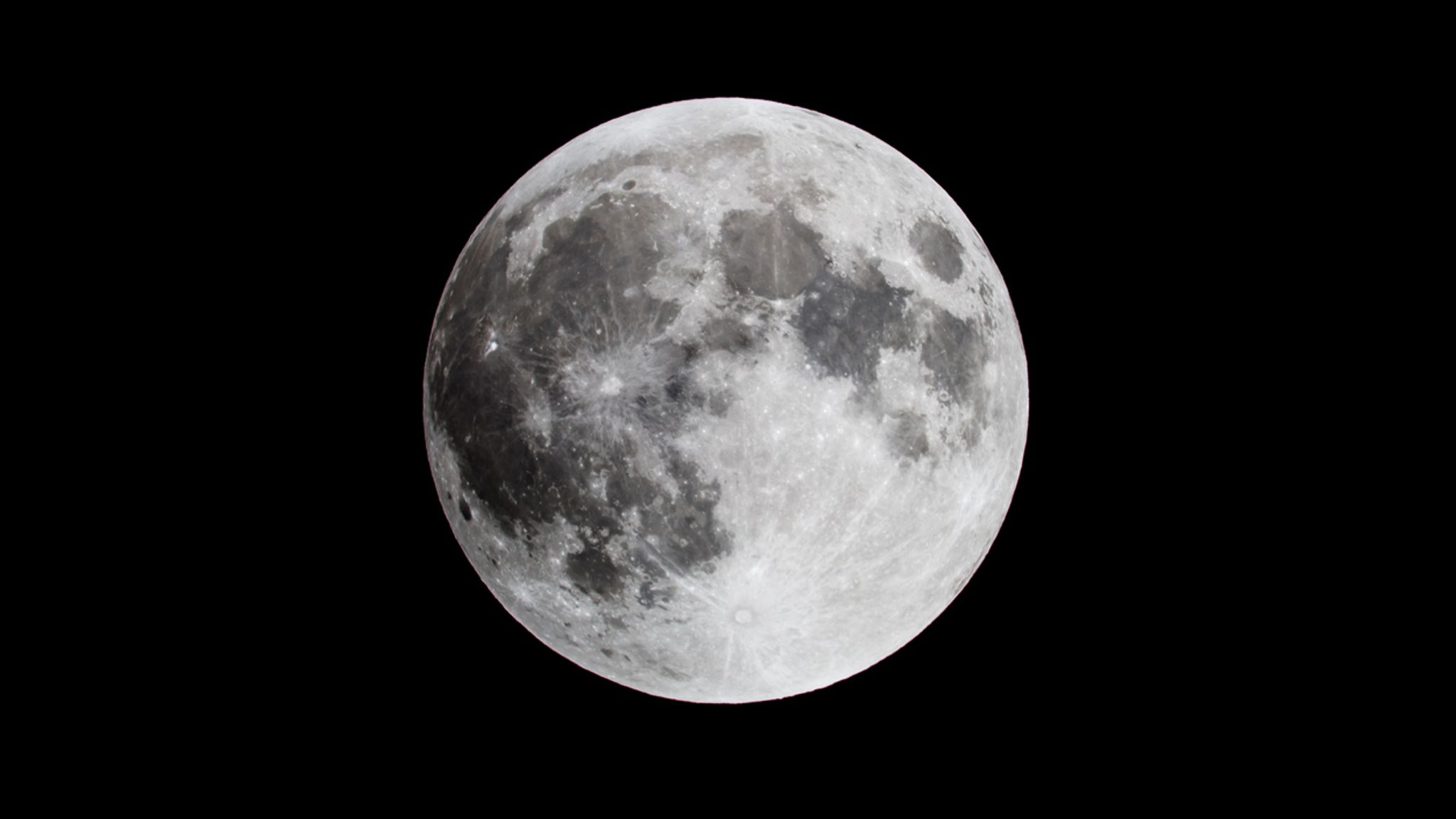
It's that time of year again when it is dark when you get up and dark when you are on your way home, but it can be used to your advantage. The dark nights give you an opportunity to focus on your studies, especially if you are in year 11 and on the cusp of taking your GCSEs.
With only 6 months until your GCSEs, every opportunity to study should be taken. We must add it's also important to look after yourself during this time so make sure you are getting exercise and eating right. Check out our other blogs on these subjects.
The long, dark nights of winter can be a great opportunity to focus on your studies and make the most of your time for GCSE preparation. Here are some tips on how to use the dark nights in winter to your advantage:
1. Create a dedicated study space: Set up a dedicated study space in a quiet, well-lit area of your home. This could be a spare room, a desk in your bedroom, or even a quiet corner of the living room. Make sure your study space is free from distractions, such as television, loud music, or social media.
2. Set realistic goals: Don't try to cram too much information into your head at once. Break down your study goals into smaller, more manageable tasks. This will make it seem less daunting and help you stay on track.
3. Use a variety of study methods: There are many different ways to study effectively. Find what works best for you and experiment with different techniques, such as flashcards, mind maps, or practice questions.
4. Take regular breaks: It's important to take regular breaks to avoid burnout. Get up and move around every 20-30 minutes to refresh your mind and body.
5. Reward yourself for your hard work: When you reach a goal or complete a task, reward yourself with something you enjoy. This will help you stay motivated and make studying more enjoyable.
6. Use the darkness to your advantage: The dark nights of winter can actually be helpful for studying. The lack of distractions can help you focus and concentrate better.
7. Get enough sleep: When you're well-rested, you'll be better able to learn and retain information. Aim for 7-8 hours of sleep each night.
8. Eat healthy foods: Eating healthy foods will give you the energy you need to focus and study effectively.
9. Exercise regularly: Exercise can help improve your mood and reduce stress, both of which can be beneficial for studying.
10. Ask for help if you need it: Don't be afraid to ask for help from teachers, tutors, or classmates if you're struggling with a particular subject or concept.
Here are some additional tips that may be helpful:
Remember, the most important thing is to find a study routine that works for you and stick to it. With hard work and dedication, you can achieve your GCSE goals. If you are looking for a GCSE Science tutor then do get in contact with us HERE